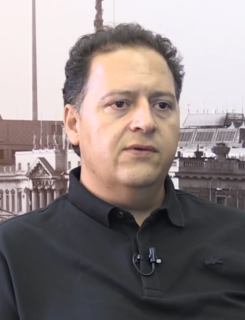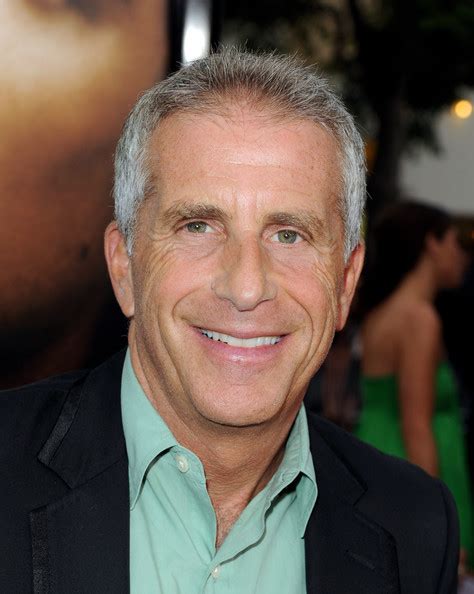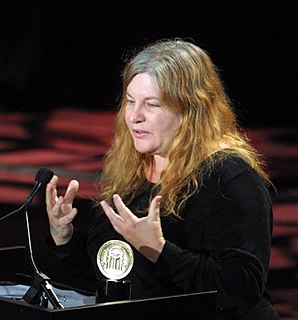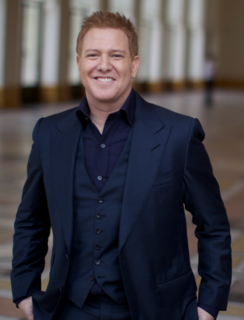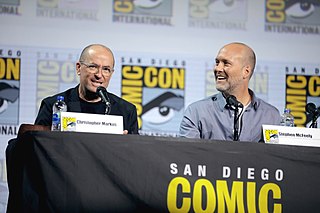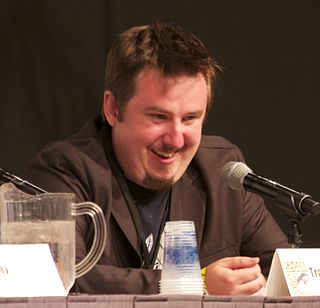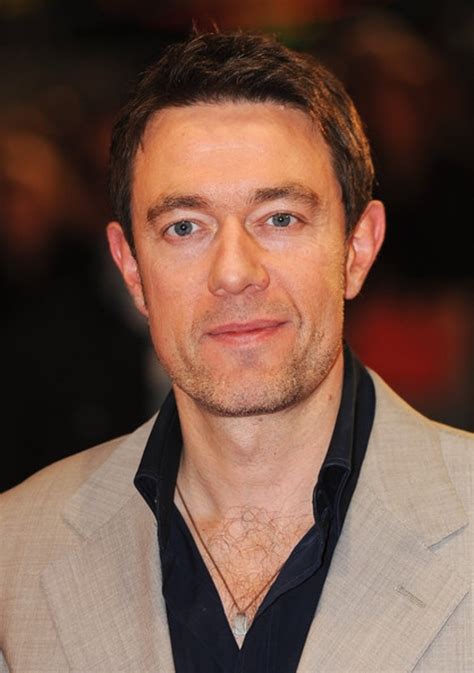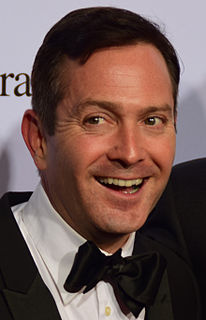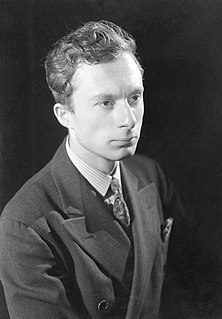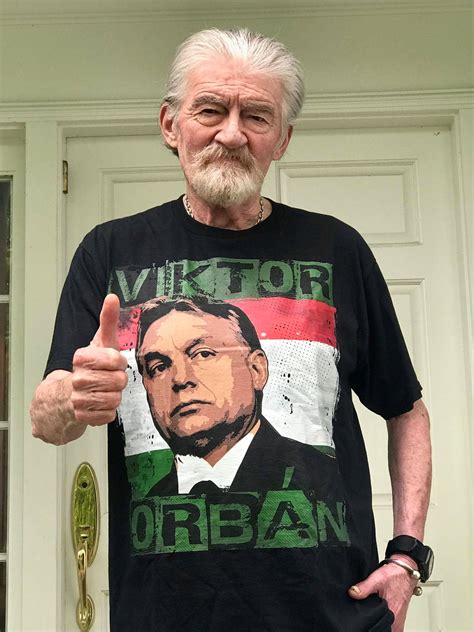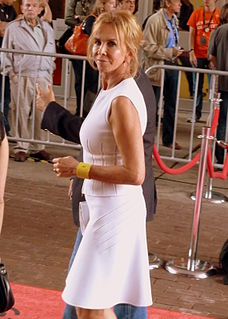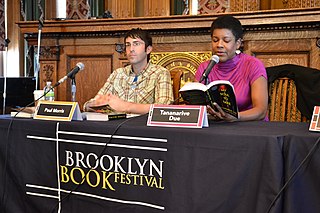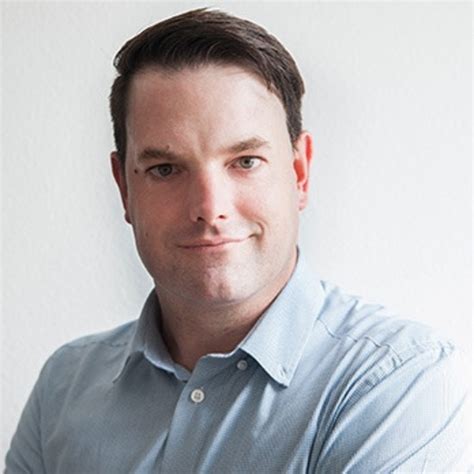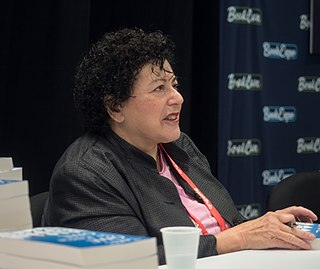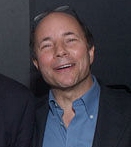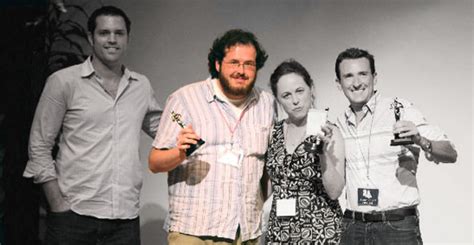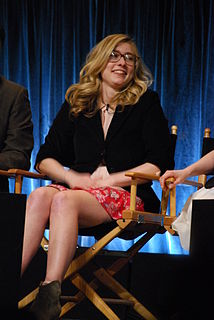Top 79 Screenwriters Quotes & Sayings
Explore popular Screenwriters quotes.
Last updated on April 14, 2025.
It's a tough time for screenwriters right now, because fewer movies are getting made. I'm enjoying television so much. It offers opportunities for writers to be in a writers' room and work their way up. It's somewhat easier because there's more of a community. There are so many screenwriters with incredible stories to tell, so I hope there will be some kind of shift in the business where very few types of movies are now made by the studios. There needs to be different budgets for different audiences; not everything having to be a huge opening weekend.
Hollywood is a special place; a place filled with creative geniuses - actors, screenwriters, directors, sound engineers, computer graphics specialists, lighting experts and so on. Working together, great art happens. But in the end, all artists depend on diverse audiences who can enjoy, be inspired by and support their work.
The fact is that HBO is doing the kind of films and the kind of stories that the movie industry used to do. You look at a lot of the specialty sections of studios that have gone under... and there's no doubt in my mind why filmmakers and screenwriters and actors are ending up at a place like HBO. They do it better than anybody.
I tell my students based on my experiences in Hollywood, sure, you can always move to L.A. and try to work with the system, and people do that, but chances are if you want your story in film with characters of color, you will have to make that movie yourself. Find a way to make it yourself. Not just screenwriters, but also producers.
In L.A., we have a saying - 'What do you do?' It's less of a question and more of a self-defense mechanism for wayward screenwriters looking to slip you a first draft, or the occasional actor looking to get in on the latest shoot. But I hate the question because of my own answer - I write about games.






